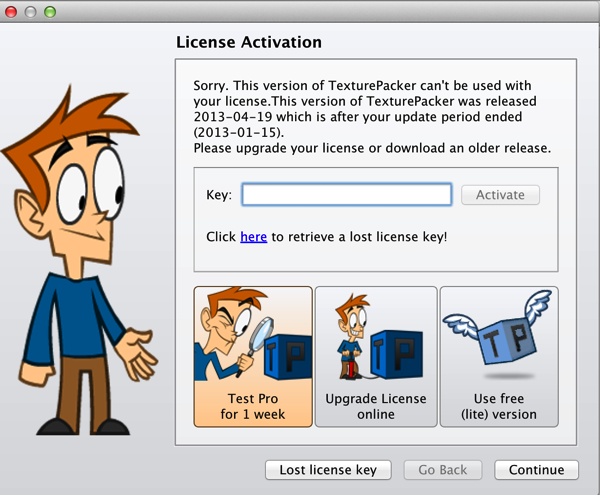What is an “indie dev”? What’s the difference between a plain old “developer” and an “indie”?
I’ve been giving this some thought since last year and I think I’ve finally come to a definition I’m happy with, and a point of differentiation, or specialisation against a “developer”.
The term “developer” is a broad definition that covers any person directly involved in the act of software creation. A “Developer” on the other hand represents an entity involved in the act of software creation. It can be one or more people. A “Developer” can be independent, whilst not really being “indie”. So what does “indie” mean?
Indies are free to create what they want.
An indie has control over his or her creative direction. Thus Mike Bithell is an indie, Jeff Minter is an indie, Rob Fearon is definitely an indie, Rami Ismail and JW (Jan Willem Nijman) are indies, Ricky Haggett is an indie, James Marsden is an indie, Rhodri Broadbent is an indie, but despite the tag “independent” being applicable to a number of larger developers around the world, they aren’t really “indie”. A developer who was at first an “indie”, but then paid to create a specific piece of software, is no longer “indie”. However, a developer who is paid to create what the developer wants, without contractual restriction, whether that be a date restriction or a content restriction, is still an “indie”.
There is no value being applied here. An indie is not “better” in any way than any other developer. An “indie” just has true freedom. A freedom is not more or less responsible than any other type of developer. An indie can create a franchise. The difference between an indie and a non-indie is that the indie can decide not to continue with a franchise without anyone making them do otherwise. Thus Infinity Ward was the antithesis of indie, irrespective of the ownership position of Activision. Again, this is not a value judgment. Call of Duty 4: Modern Warfare sold over 13 million copies. Many people would prefer that to being poor and independent. I wouldn’t judge people harshly for that and the game remains one of my favourite games of all time.
It’s about what you value. If you value creative freedom, you will aspire to be indie. I love games made by all kinds of developers.
I think the greatest games of the future will be created by indies.
Indies are free to create what they want.
